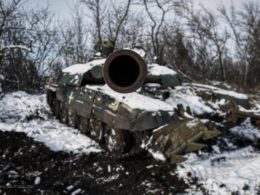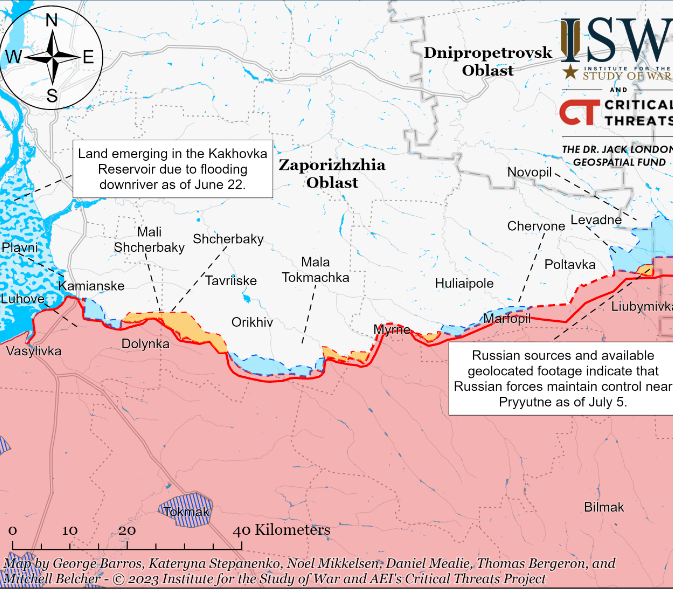Although Bakhmut may be operationally and strategically insignificant, Ukraine's vows to continue defending the city will degrade elite Wagner troops, the Institute for Study of War writes in its daily update.
Some western reports have suggested that Ukraine is expending its elite manpower on Wagner's "cannon fodder" troops. However, the Russian tactics for the area have changed, and the Russian forces in the area are now drawn from elite elements of the Wagner PMC and Russian airborne troops, as well as lower-quality troops, Ukrainian intelligence and ISW have observed.
"Wagner has now also committed its very best soldiers to the fight, and it is they who are being attrited along with the conscripts," with the latter being used to a smaller extent in the latest months due to the massive losses suffered by the conscripts, ISW writes.
"The Battle of Bakhmut may, in fact, severely degrade the Wagner Group’s best forces, depriving Russia of some of its most effective and most difficult-to-replace shock troops. ... The opportunity to damage the Wagner Group’s elite elements, along with other elite units if they are committed, in a defensive urban warfare setting where the attrition gradient strongly favors Ukraine is an attractive one," ISW writes.
These suggestions are corroborated by statements of Wagner Group financier Yevgeny Prigozhin, who made statements expressing fears that his fighters are being used precisely this way and indicating that he sees his elite forces to be in grave danger, if ammunition and reinforcements are not given to them.
As well, the Kremlin's return to voluntary recruitment drives and crypto-mobilization campaigns indicates that it is running out of combat-ready reserves to continue its offensive operations past the Battle of Bakhmut and its failed offensives around Vuhledar and in Luhansk Oblast, and that the Kremlin will not launch another mobilization wave before the summer of 2023.



